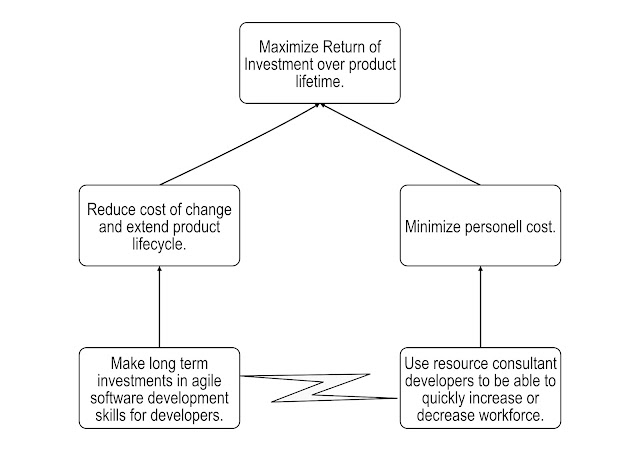Minds On Fire
Here is a quote:
Compelling evidence for the importance of social interaction to learning comes from the landmark study by Richard J. Light, of the Harvard Graduate School of Education, of students’ college/university experience. Light discovered that one of the strongest determinants of students’ success in higher education—more important than the details of their instructors’ teaching styles—was their ability to form or participate in small study groups. Students who studied in groups, even only once a week, were more engaged in their studies, were better prepared for class, and learned significantly more than students who worked on their own.6
The emphasis on social learning stands in sharp contrast to the traditional Cartesian view of knowledge and learning—a view that has largely dominated the way education has been structured for over one hundred years. The Cartesian perspective assumes that knowledge is a kind of substance and that pedagogy concerns the best way to transfer this substance from teachers to students. By contrast, instead of starting from the Cartesian premise of “I think, therefore I am,” and from the assumption that knowledge is something that is transferred to the student via various pedagogical strategies, the social view of learning says, “We participate, therefore we are.”
Sweden has used a strictly Cartesian system since 1864. I used to think the system was fairly good, but the more I have learned about learning, the more I have become aware of the flaws.



Comments